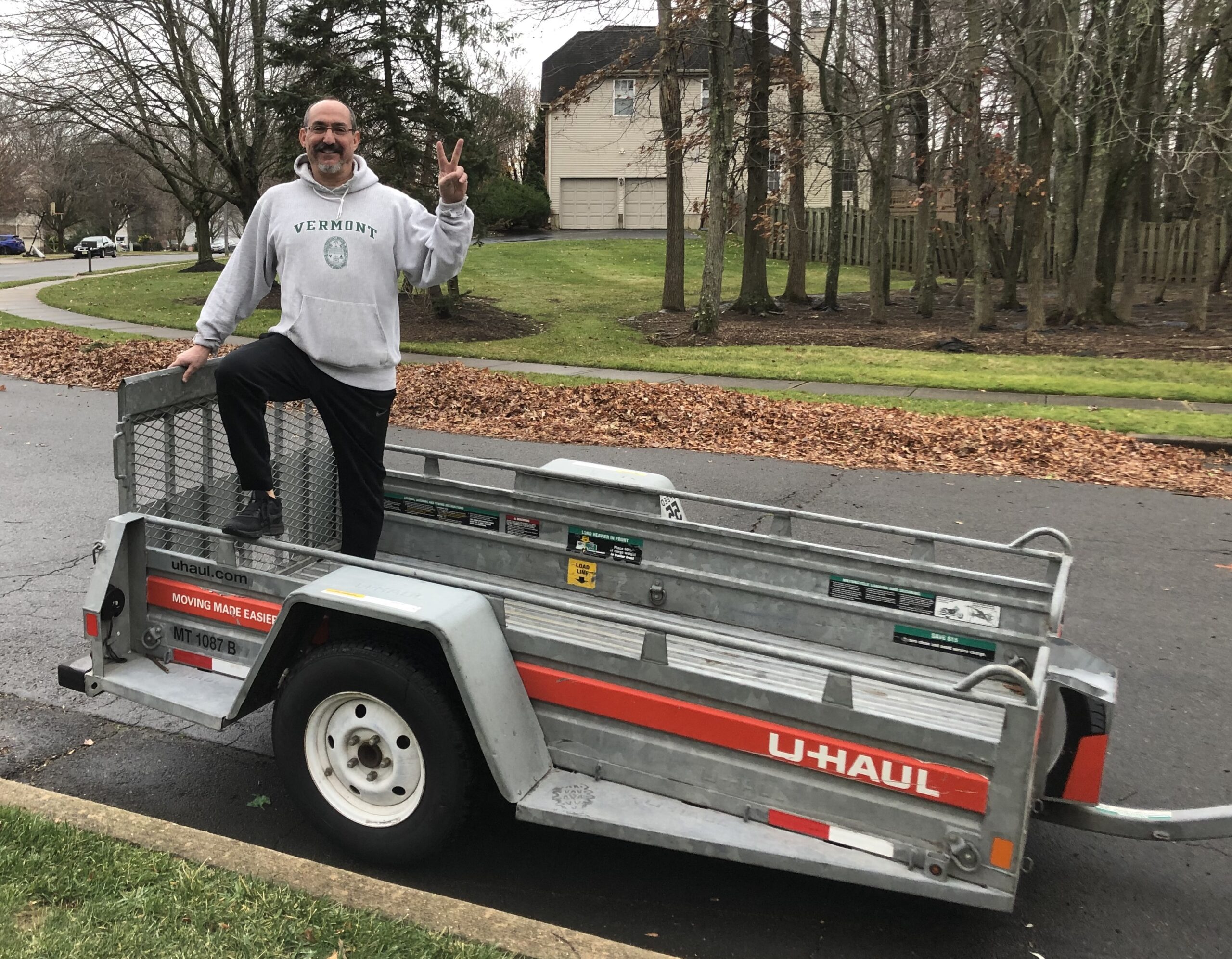Last month’s blog, Wet Leaves and Humility, left me in a humiliated but (slightly) wiser position as a father and consultant to business and legacy wealth families. Please read it over if you have not (only takes a couple of minutes to read) – it sets the stage for this blog.
In a nutshell, my last blog tells the story of how I thought I was doing something well and my son pointed out that he had a much better way to do it. After some initial defensiveness, I kept my mouth shut and learned from him, and expressed sincere appreciation.
Less than a week after sharing that story, the phoenix of fatherhood rises from the ashes of humiliation and shows that while the rising generation has much to offer, the senior generation should not be written off.
My son, Jeremy, took a class to learn to ride a motorcycle and completed it successfully. He found a great price for a bike 2 hours away and was not comfortable riding it back himself. I agreed to use my car (that has a hitch) and rent a U-Haul motorcycle trailer and have a fun ride together bringing it home. We had a plan.
Before the journey, I was thinking out loud about maneuvering a car with a trailer, particularly backing out of a location. I was talking about how it is opposite of driving in reverse without a trailer. With a trailer, if you want to back out of a driveway and swing the trailer to the right (as the driver sits), you need to turn the wheel to the LEFT (which sends the front of the trailer attached to the car to the left and the back of the trailer will swing to the right). Normally, with no trailer, if you want to swing the back of the car to the right, turn the wheel to the RIGHT.
This is difficult to explain with words – helps to see it. This quick video is really clear. (45 seconds in is the key element related to this debate with my son.)
Jeremy, who was extremely helpful with his feedback about my pool cover issue in the last blog, was feeling quite confident on this trailer issue and engaged the same laugh he used on that one. He believed there is no difference with a trailer and I should drive in reverse as I normally would. I was hesitant to make my case since I was wrong on the pool cover issue. Yet, I was feeling oddly confident.
I forged ahead! I explained my thinking and he held his ground. I was feeling more confident as I explained how it works and Jeremy was holding firm. I suggested we go to the driveway and settle it. I got in my car and as he watched it became clear to him, “Dad, I totally get it. You are right.” I smiled and kissed him on the head just like after the pool cover experience. He responded by saying, “You have that blog-writing face on…”
The lesson this month is similar to last month’s. Generational respect.
The rising generation has much to offer and so does the senior generation. The rising gen needs room to move, create, participate and make mistakes while the senior gen needs to be supportive – mentoring while knowing when to step back.
The rising gen needs to keep in mind that while the senior gen can seem outdated and lame at times, they do have experience and wisdom worthy of learning from.
As with last blog, I frequently find my family interactions have great relevance to my consulting work. Whether you are part of a business family, legacy wealth family, or average family simply trying to be a family successfully, there will be tensions as generations try to learn from one another and assert their own influence.
While it is not uncommon that my clients encounter stresses and strains as the younger generation asserts themselves and the senior gen pushes back, often impulsively, it is also routine that the rising gen can write off what the senior folks have to offer.
Ultimately, if each generation is willing to take a deep breath and give the benefit of the doubt to the other, keep an open mind, have respectful consideration of ideas, things tend to work out quite well. This is especially true when, in the context of a business family or legacy wealth family, there is a common family vision and guidelines to ensure that family members who participate in management and ownership do so only when they have proven they have both interest and ability.
